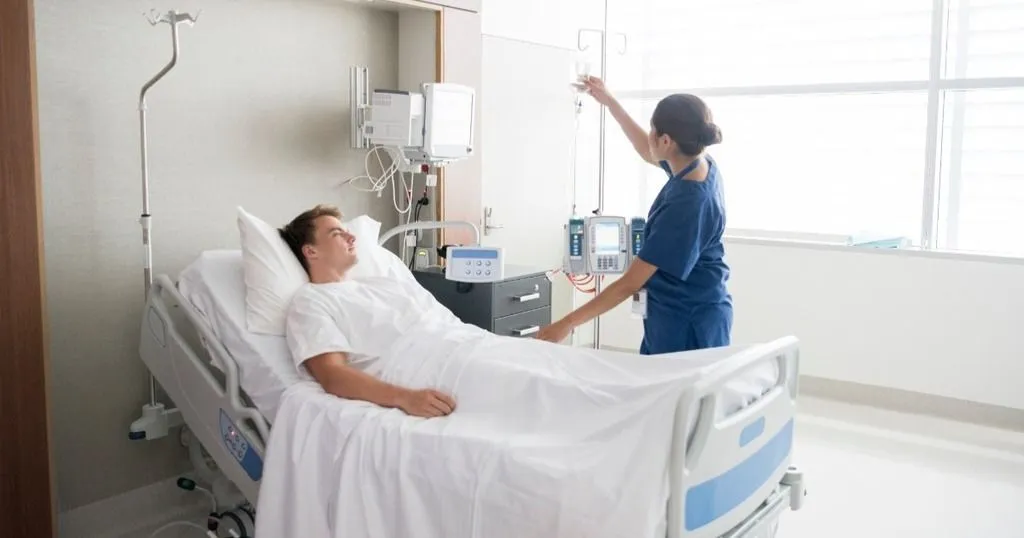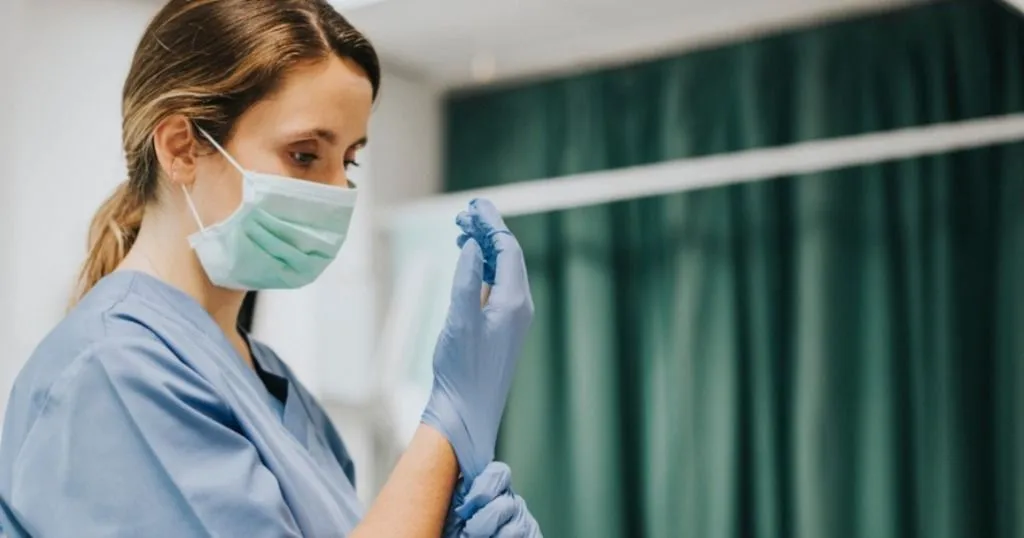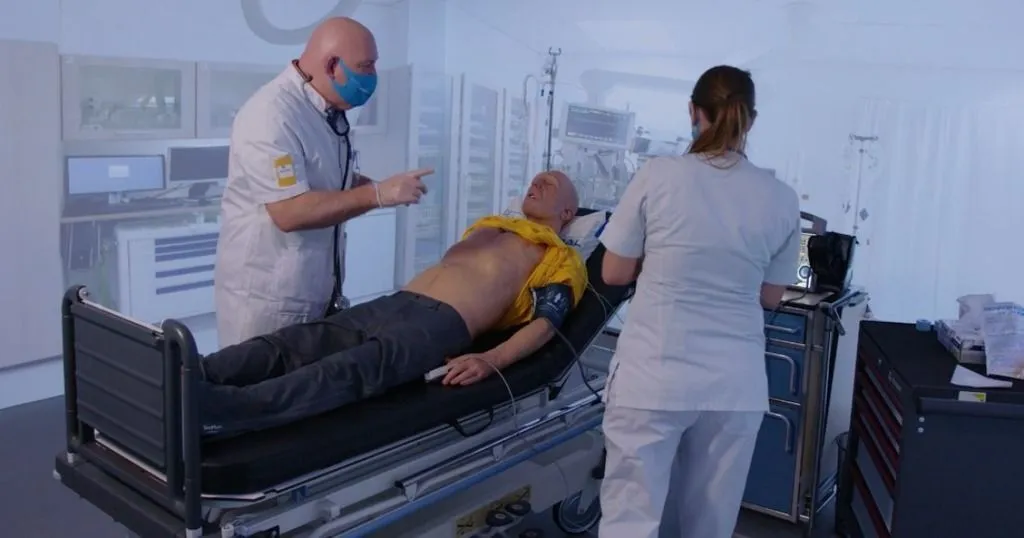Evaluating the effectiveness of simulation in healthcare
Teamwork is important in many occupations but it is crucial when working under pressure. Most of us can only imagine how stressful it could be when working as a fire fighter or operating room nurse.
Posted by
Published on
Fri 11 Jan. 2019
Topics
| Doctor-patient Interaction | Medical Encounter | Medical Simulation | On-site Research | Simulation | Simulation-based Training | Team Training | Teamwork | The Observer XT | Viso | Healthcare |

Effective teamwork is important in many occupations but it is crucial when working under the pressure of time in a crisis situation. Most of us can only imagine how stressful it could be when working as a fire fighter, squad team member, or operating room nurse.
Comparing real cases with simulated cases in healthcare communication
Understandably, researchers dive into these teamwork processes to see how effective and efficient they are and how they could be improved. In these cases, one minor change in the procedure could influence the stress level and the efficiency in teamwork and thus, the outcome of a crisis situation.
Train and evaluate teamwork
Simulation is used to train and evaluate teamwork. One example where simulation is used to train and evaluate teamwork is a hospital. In an operating room (OR), nurses, anesthesiologists, and surgeons work closely together to complete the operation successfully. Jennifer Weller and colleagues investigated whether communication patterns during simulation reflect communication patterns in the clinical environment during routine cases.
The team aimed to evaluate simulation-based education since it is often used to develop both effective teamwork and communication, and in assessment and recertification. Therefore, they formulated a second hypothesis: “anesthesiologists would exhibit different communication patterns in routine cases (in the OR or simulated environment) and in simulated cases involving a crisis”.
Simulation in healthcare
In ‘Building the evidence on simulation validity’, Weller et al. (2013) compared communication patterns. In particular, they observed anesthesiologists in OR cases and simulated cases (crisis and routine). All interactions were recorded on video to enable detailed analysis. Weller et al. placed unobtrusive audiovisual equipment in the OR.
Structured coding framework
Because verbal communication supports many dimensions of teamwork, the focus of the researchers was to observe key communications. They coded the type of communication, with whom the anesthesiologist was communicating, and sharing situational information. By using a structured coding framework to code verbal behaviors, the events in the real and simulated cases could be compared and analyzed in The Observer XT.
Analyze behaviors in the OR
In this study, 20 anesthesiologists participated. Weller et al. explain that often the validity of simulation is measured by comparing an expert with a novice in the simulator. Instead of following this approach, Weller et al. chose to compare the clinical environment (OR) with a simulated environment (OR) and analyzed differences and similarities.
They found no differences between routine cases in the operating room and routine cases in the simulated cases. This emphasizes the ecological validity of simulation. There were differences found in communication patterns between the crisis simulations and both the OR and the routine simulations. These differences under the challenge of a crisis support the use of simulation to assess crisis management skill.
Reference
Weller, J. et al. (2014). Building the evidence on simulation validity. Comparison of Anesthesiologists'Communication Patterns in Real and Simulated Cases. Anesthesiology, 120 (1).
Related Posts

How to analyze nurse-patient consultations

Simulation-based training in times of crisis

